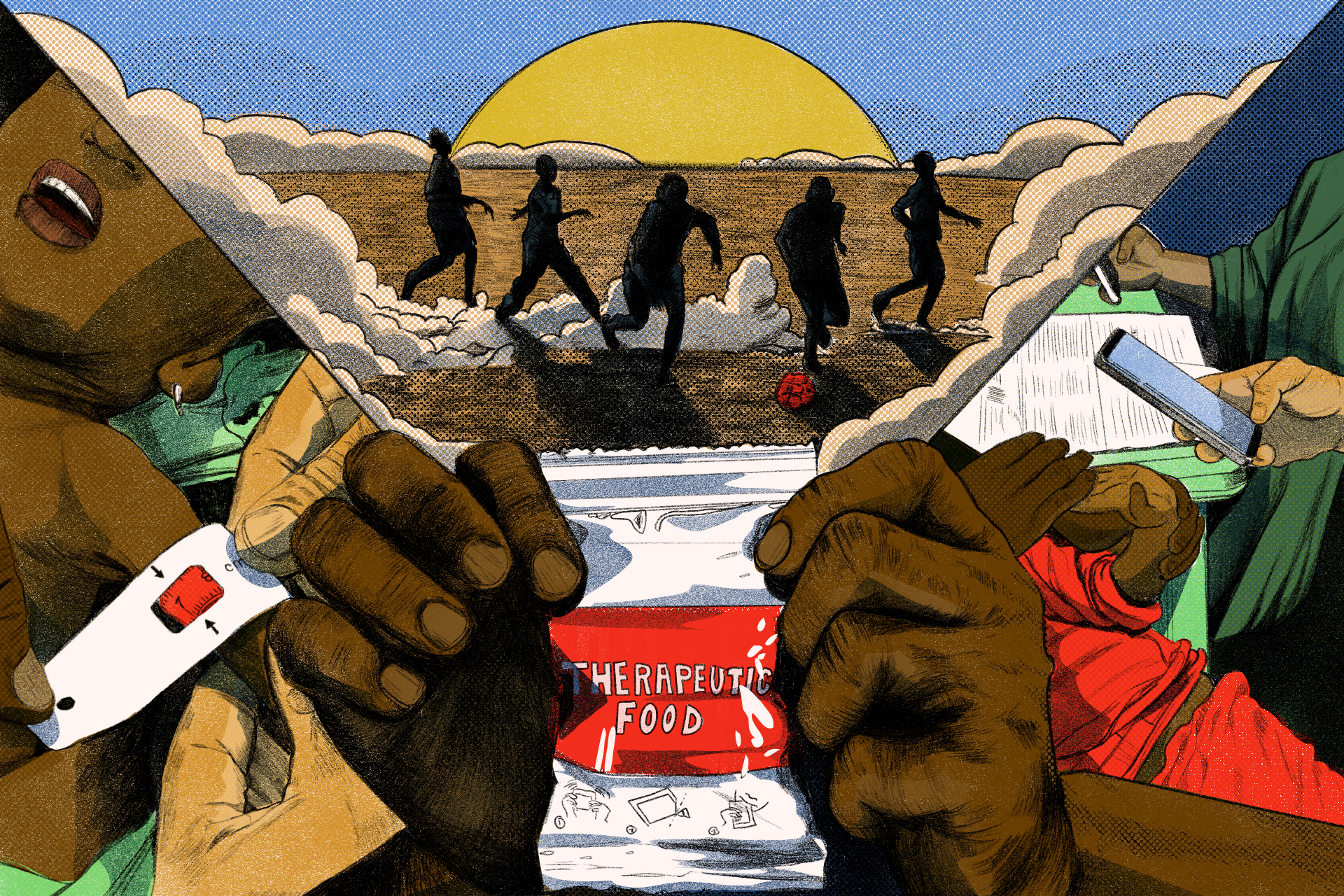The specter of famine has returned to the world stage, with declarations in Sudan and Gaza casting a harsh light on the realities of global hunger. Images of severely malnourished children circulating online have sparked a wave of concern, prompting many in the West to ask: What tangible steps can individuals take to alleviate such suffering across vast distances? While political advocacy and charitable donations are common responses, the underlying causes of modern famine demand a more nuanced understanding.
Famine as a Policy Choice
Unlike historical famines rooted in natural disasters and crop failures, contemporary famines are often the direct consequence of political decisions and armed conflict. As the original source points out, a lack of funds is not the primary driver; instead, conflict prevents aid from reaching those who desperately need it. This obstruction can take the form of deliberate blockades, making it perilous for humanitarian organizations to deliver food and medical supplies. In some instances, those in power actively prevent life-saving aid from entering their borders, effectively weaponizing hunger.
This understanding presents a moral quandary. Witnessing starving children evokes a natural desire to help, yet the complex political landscape makes it difficult to know where to begin. Traditional aid models, while still important, may prove insufficient when faced with politically motivated starvation.
Beyond Donations: Effective Aid in Conflict Zones
While donating to reputable charities remains a valuable contribution, individuals can also explore alternative avenues for impact. Supporting organizations that specialize in navigating conflict zones and delivering aid in challenging environments is crucial. These organizations often employ innovative strategies to bypass political obstacles and ensure that food reaches vulnerable populations.
Furthermore, raising awareness about the political dimensions of famine can exert pressure on governments and international bodies to take decisive action. Amplifying the voices of those affected and demanding accountability from those responsible for obstructing aid can contribute to a more effective response.
The Individual’s Role in a Complex Crisis
The resurgence of famine in the 21st century presents a complex challenge, one that transcends simple solutions. While the political and logistical hurdles may seem insurmountable, individuals are not powerless. By understanding the root causes of modern famine – often rooted in political conflict – and supporting organizations that prioritize access and advocacy, individuals can contribute meaningfully to alleviating suffering and holding those responsible accountable. The fight against famine requires not only financial assistance but also a commitment to informed action and a demand for political solutions.
Based on materials: Vox





